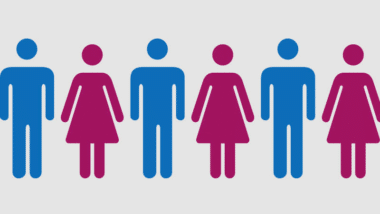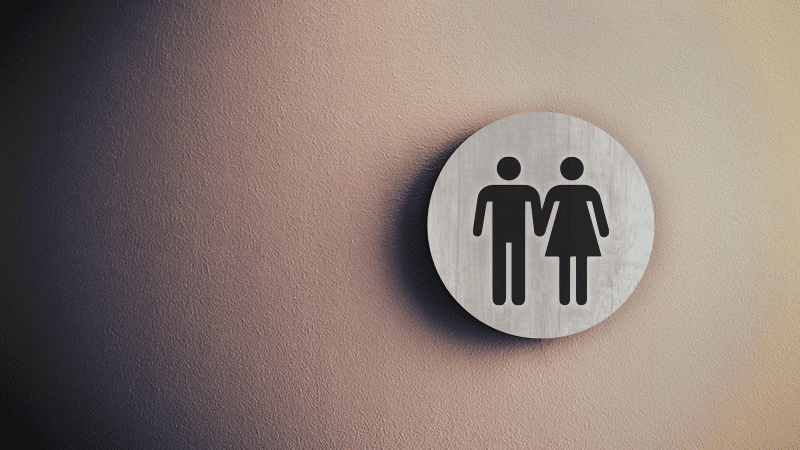Advice from the professional body for HR permitting men who claim to be women to access women’s facilities may breach the Equality Act, campaigners have warned.
Sex Matters, a group that campaigns for clarity on biological sex in law and policy, has called on the Chartered Institute of Personnel and Development (CIPD) to scrap its gender self-ID toilet policy.
Last week, the Government reaffirmed its commitment to require every new public building in England to provide single-sex toilets or self-contained unisex facilities.
Alleged ‘discrimination’
CIPD’s official advice states that “refusing to allow a transgender or nonbinary person to use the facilities they feel most comfortable in may be discrimination”.
Defending its position, CIPD said its policy document “makes clear that employers should listen carefully to employees and seek legal advice where necessary if making decisions over the use of toilets and other facilities”.
But Executive Director of Sex Matters Maya Forstater urged the group to rewrite its advice, arguing that the answer “‘you should consult and take legal advice’ is not practicable”.
Following a call from Equalities Minister Kemi Badenoch “for examples where a public institution is either issuing guidance or has a policy that is not in accordance with the Equality Act” on single sex spaces, Forstater says she plans to report CIPD’s policy to the Government.
Govt action
Speaking to LBC about the “call for input”, Mrs Badenoch shared how girls at a school with gender-neutral toilets had developed urinary tract infections because they “didn’t want to use the same toilets as boys”.
She continued: “This is obviously a terrible thing but the school thought they were following the guidance”.
In a press release from the Department for Levelling Up, Housing and Communities, the Government said its promised plans were necessary to “halt the march of gender-neutral toilets”.
Badenoch said the new requirements “will also create better provision for women so that our particular biological, health and sanitary needs are met”.
Also see:

Home Office’s female workers going out of their way to avoid gender-neutral toilets
Girls skip school rather than use gender-neutral toilets
Women and girls at risk in gender-neutral toilets, say campaigners

